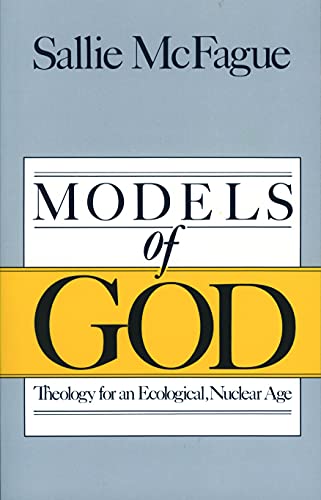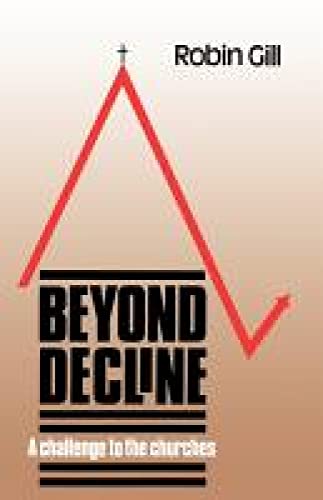Christian Theology and World Religions
Written by Frank Whaling Reviewed By Martin GoldsmithPerhaps the hottest theological potato of our age lies in the relationship of the Christian faith to other religions. At last missiology has invaded the ivory towers of theology. Because of this we gladly welcome every book which contributes to the debate, even if we radically reject the theological presuppositions of the author.
After a basic introductory chapter Whaling gives us an overall sweep of world history showing that religions and civilization go together. He sees for foundational religious civilizations—Greek-based Christian Europe, the Muslim Middle East, Hindu India and Buddhist-Confucian-Taoist China. The Jews form the great exception to the scheme. While these generalizations leave something to be desired, we appreciated his emphasis that each religion has its own questions, eyes and history.
In chapter 3 the author debates the meaning of ‘theology’, its relationship to ‘humanitas’ and the value of doctrine. This introduces us to the more immediate question of Christian theological attitudes to other religions. Having briefly dismissed exclusivism and discontinuity he looks at secularization, fulfilment, universalization, dialogue and relativism.
In chapter 5 we are helpfully introduced to Wilfred Cantwell Smith and the philosophia perennis of S. H. Nasr. Whaling shows the different approaches of Christian theology and religious studies. This is a helpful reminder of a basic distinction. Whaling goes on to show how Christian theology needs to be renewed through the theologies and world-views of other faiths, giving the specific examples of African and Chinese religions. He then develops the inter-relationship between Indian religion and the Christian doctrine of the Trinity.
This book rightly challenges the narrow insularity of traditional Christian theology, for in our day no studies have any real validity if they fail to relate to the wider world of other cultures and religions. But we have also to ask what standards of truth there are. Is there one God? Does he reveal himself and his purposes to humanity? If so, by what means? Is there therefore any absolute which forms the foundation of truth and ethics? Our main struggle today lies in the battle between particularism and some form of universalism. The evangelical may want to ask then whether Whaling and others do not fall into the trap of being tolerant of tolerance, but somewhat intolerant of any particularism which could to them imply intolerance. Hinduism has traditionally been tolerant of tolerance, but aggressive in opposition to particularism. But the Christian faith stands on the firm foundation of the one God who is and therefore on the reality of absolutes.
Martin Goldsmith
All Nations Christian College, Ware






